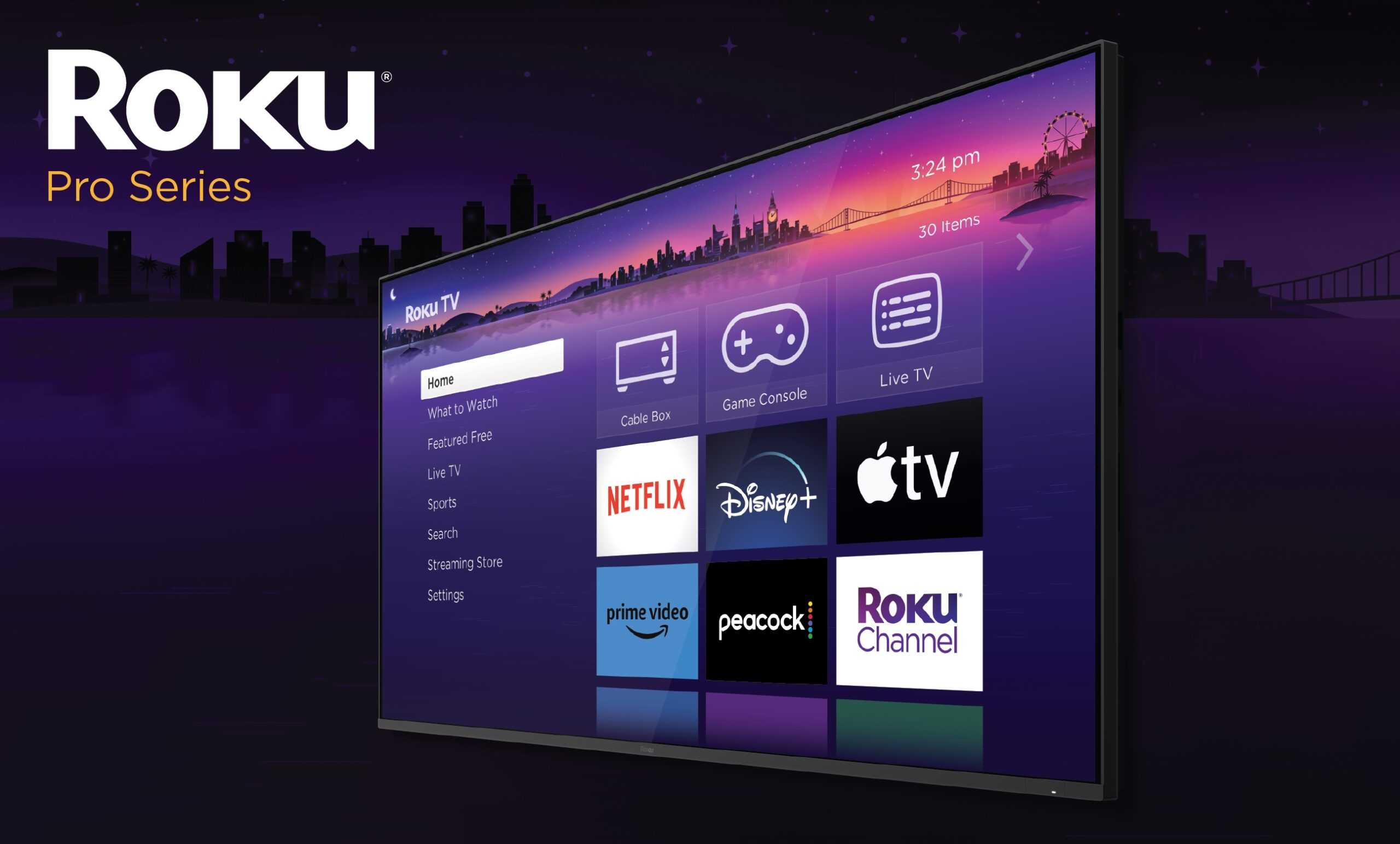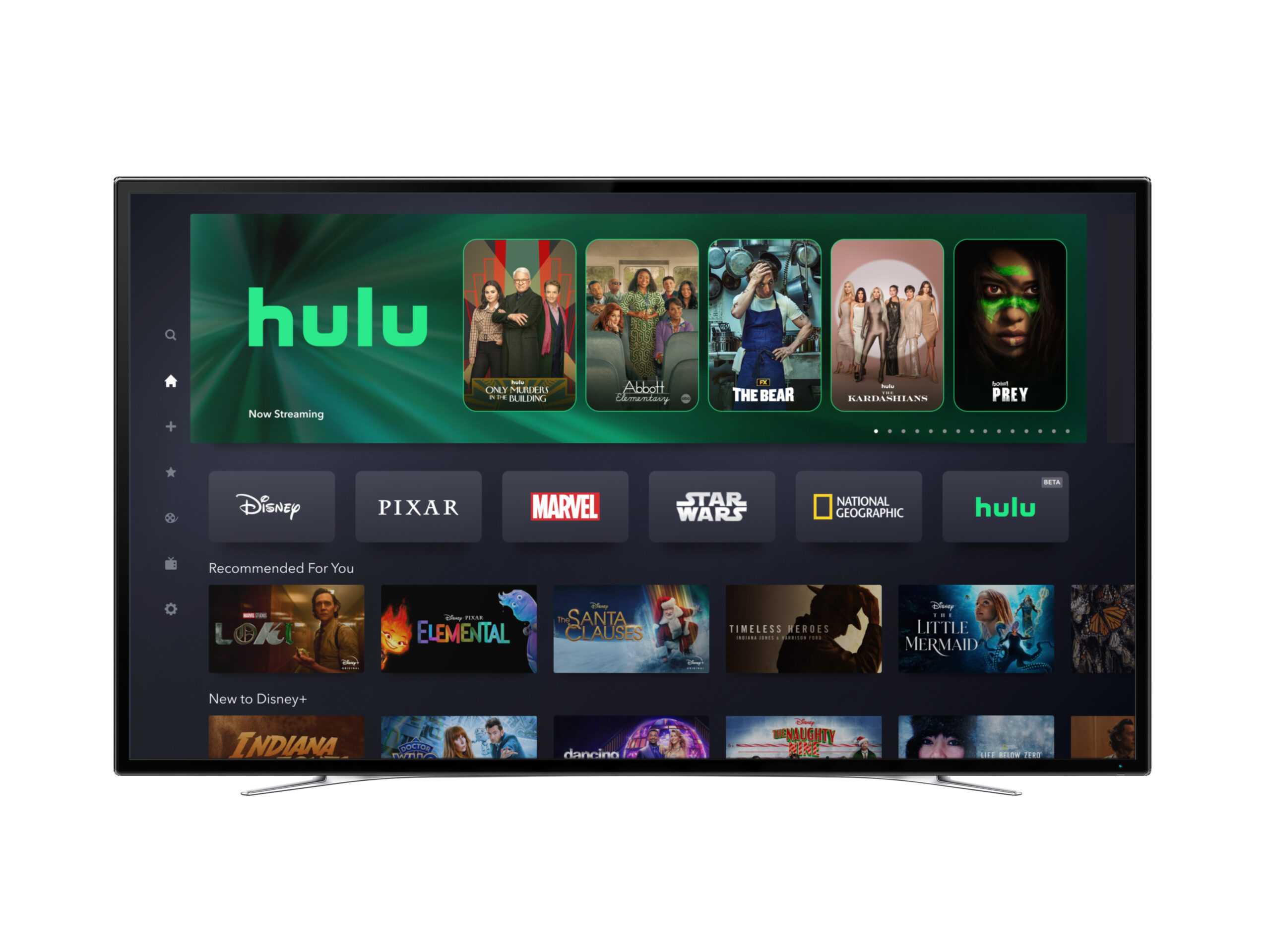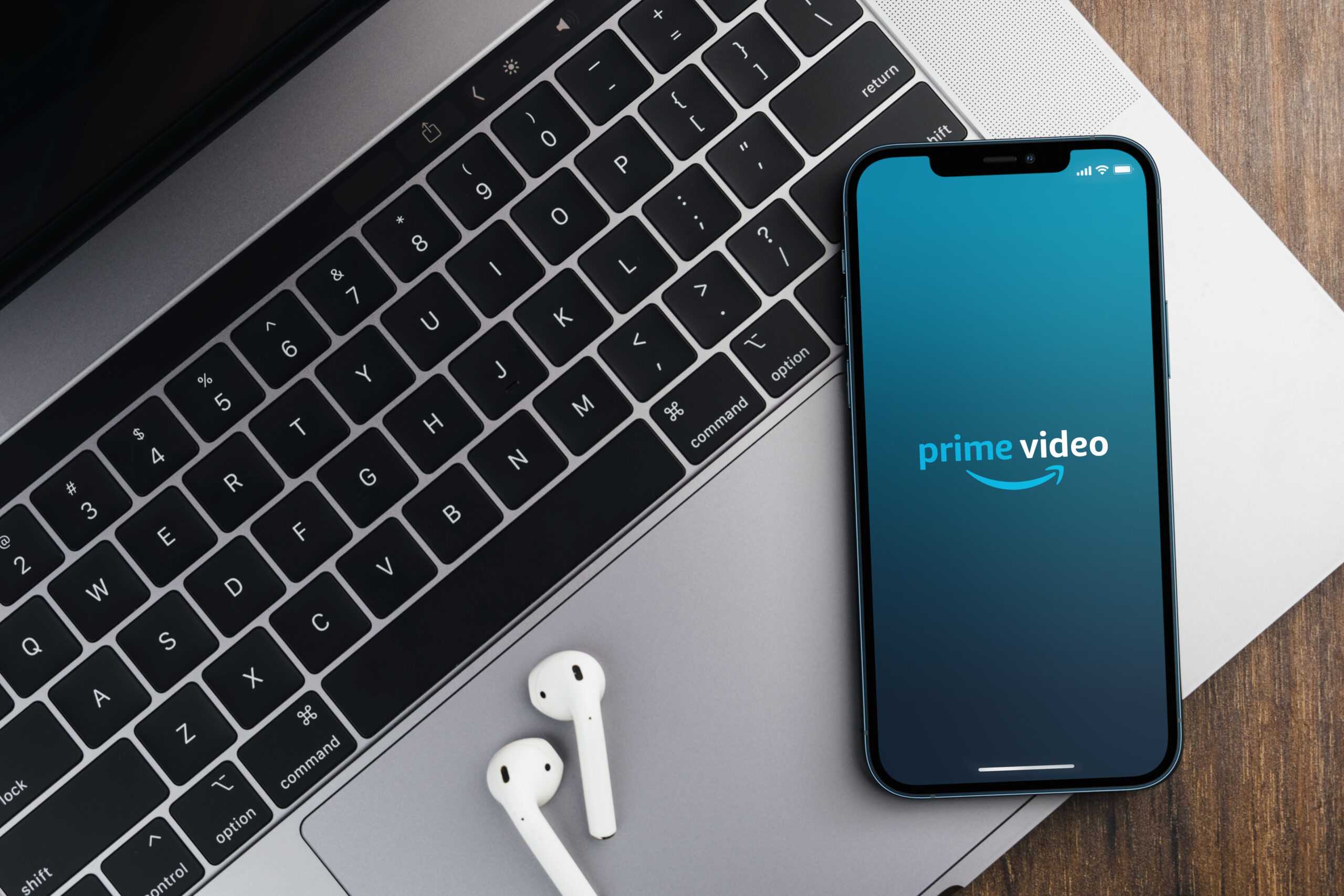Streaming firm Roku has been on a roll. Following the acquisition of Quibi’s content library last January, Roku leveraged the content to launch Roku Originals with 30 shows to start. Powered by stars like Kevin Hart, Anna Kendrick, and Jennifer Lopez, Roku Originals saw more Roku active accounts stream one of the shows than the number of Quibi accounts did during that platform’s entire (albeit brief) lifetime. While an exact figure wasn’t provided, Roku has about 54 million active accounts and more than a third of Roku Channel users streamed a Roku Original.
Roku is increasingly committed to the growth of its ad-supported, free channel and reportedly will be investing $1 billion in content next year. The news comes shortly after Roku landed its first-ever pay-one streaming rights deal with Saban Films, securing exclusive streaming rights to select Saban 2021 films for the Roku Channel in North America (following theatrical and home entertainment releases).
The company isn’t suddenly looking to take on Netflix (at least not yet), which spends around $17 billion per year on content. In fact, Netflix was Roku’s very first customer, and Roku’s primary goal remains content curation through streaming service aggregation via its streaming UI and devices, which Roku in turn utilizes for advertising and to monetize viewership. “We have less expensive content than a subscription service because it’s not required for us to be successful,” Roku boss Anthony Wood explained to CNBC.
While Roku faces stiff competition from Amazon (Fire TV devices), Google (Chromecast and Google TV), and Apple TV, the company has been riding a wave of strong momentum over the last year in which its stock price soared 184%. Given its recent journey into original content as well, it’s likely that Roku will enjoy more growth in the coming years. Customer loyalty has played a significant role in the company’s success. According to Interpret’s VideoWatch™, 82% of Roku device owners have no plan to replace the product, a higher percentage than among owners of Amazon, Google, Apple or other streaming media player brands.







